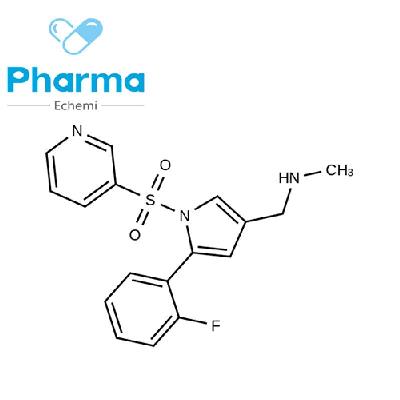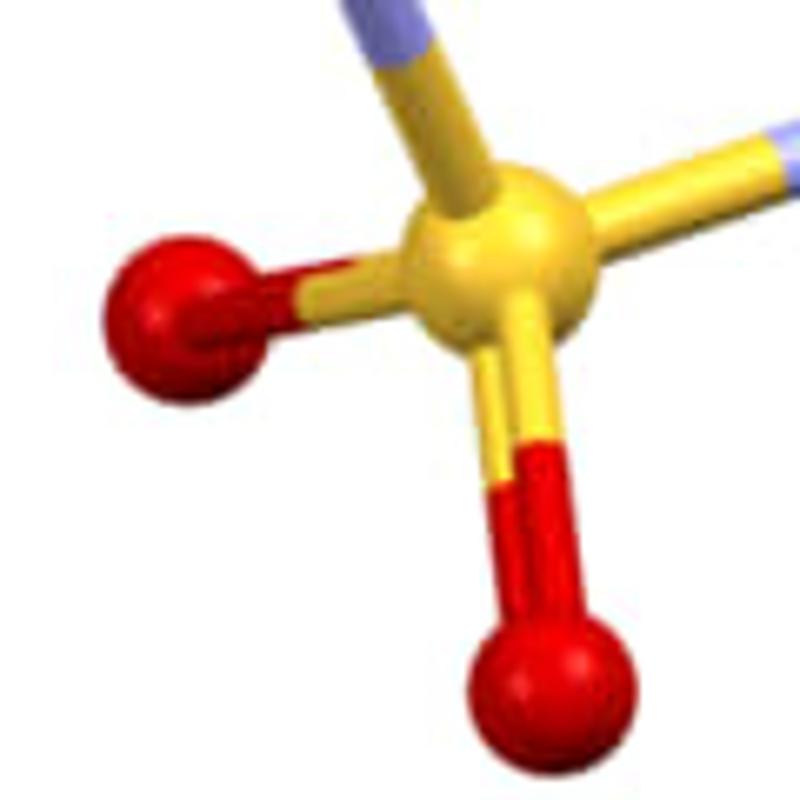-
Categories
-
Pharmaceutical Intermediates
-
Active Pharmaceutical Ingredients
-
Food Additives
- Industrial Coatings
- Agrochemicals
- Dyes and Pigments
- Surfactant
- Flavors and Fragrances
- Chemical Reagents
- Catalyst and Auxiliary
- Natural Products
- Inorganic Chemistry
-
Organic Chemistry
-
Biochemical Engineering
- Analytical Chemistry
-
Cosmetic Ingredient
- Water Treatment Chemical
-
Pharmaceutical Intermediates
Promotion
ECHEMI Mall
Wholesale
Weekly Price
Exhibition
News
-
Trade Service
This article is from NEJM Journal Watch,
Is Recurrence-Free Survival an Adequate Endpoint in Studies of Colorectal Liver Metastasis? Is recurrence-free survival an appropriate endpoint in studies of colorectal cancer liver metastases?
Recurrence-free survival versus overall survival as a primary endpoint for studies of resected colorectal liver metastasis: A retrospective study and meta-analysis.
Lancet Oncol 2022 Oct; 23:1332.
(https://doi.
org/10.
1016/S1470-2045(22)00506-X)
.
"NEJM Medical Frontiers" is translated several times a week, published on the app and official website, and 2-3 selected articles are published
on WeChat.
Copyright InformationThis article was translated, written or commissioned by Jiahui Medical Research and Education Group (J-Med) in collaboration with the New England Journal of Medicine (NEJM) for NEJM Medical Frontiers
.
The full text of the Chinese translation and the figures contained therein are exclusively licensed
by NEJM Group.
If you want to reprint, please leave a message or contact nejmqianyan@nejmqianyan.
cn
.
Unauthorized translation is an infringement and the copyright owner reserves the right to
pursue legal liability.
Is Recurrence-Free Survival an Adequate Endpoint in Studies of Colorectal Liver Metastasis? Is recurrence-free survival an appropriate endpoint in studies of colorectal cancer liver metastases?
In adjuvant trials of adjuvant therapy in patients after resection of liver metastases from colorectal cancer, recurrence-free survival (RFS) was used as a proxy for overall survival (OS) in order to interpret treatment outcomes
earlier.
However, in the context of the above diseases, the association between RFS and OS has not been verified
.
In a 30-year retrospective, single-institution study in which they evaluated the association
between RFS and OS in 2,983 patients who underwent radical hepatectomy for colorectal cancer liver metastases.
Nearly half of patients (46%) had a left-sided colonic primary, 62% had a node-positive primary, and most patients (63%) had one or both liver metastases resected (56%)
.
R0 resection was achieved in 88% of patients, 91% received other systemic therapies, and 28% received hepatic arterial perfusion chemotherapy
as part of adjuvant therapy.
During a median follow-up of 8.
4 years, disease relapse occurred in 67% of patients, with a median RFS of 1.
3 years and a median OS of 5.
2 years
.
The correlation between RFS and OS is small
.
Between patients in the early assessment (1991-2000) and the later evaluation (2001-2019), the RFS was similar, but the OS of the patients in the later evaluation was longer
.
The authors also evaluated the association between RFS and OS in a meta-analysis of phase 3 adjuvant therapy trials involving a total of 1,185 colorectal cancer patients
undergoing hepatectomy.
There is no correlation
between RFS and OS.
In adjuvant therapy trials in patients after liver metastasis resection for colorectal cancer, RFS was not used as a surrogate indicator
of OS.
In these cases, OS should be the benchmark
for judging the effectiveness of treatment.
Articles that were commented on
Ecker BL et al.Recurrence-free survival versus overall survival as a primary endpoint for studies of resected colorectal liver metastasis: A retrospective study and meta-analysis.
Lancet Oncol 2022 Oct; 23:1332.
(https://doi.
org/10.
1016/S1470-2045(22)00506-X)
A collection of NEJM journals
NEJM Journal Watch is published by NEJM Group, inviting internationally renowned doctors to review important papers in the field of medicine and help doctors understand and apply the latest progress.
"NEJM Medical Frontiers" is translated several times a week, published on the app and official website, and 2-3 selected articles are published
on WeChat.
Copyright InformationThis article was translated, written or commissioned by Jiahui Medical Research and Education Group (J-Med) in collaboration with the New England Journal of Medicine (NEJM) for NEJM Medical Frontiers
.
The full text of the Chinese translation and the figures contained therein are exclusively licensed
by NEJM Group.
If you want to reprint, please leave a message or contact nejmqianyan@nejmqianyan.
cn
.
Unauthorized translation is an infringement and the copyright owner reserves the right to
pursue legal liability.







